Educational Resources
To help schools, youth groups, police services, libraries and others run fun and engaging activities for Safer Internet Day here are education resources.
Free to download, these engaging resources are tailored for 3-18 year olds and are designed to support educators in delivering messages about the campaign theme of change online.
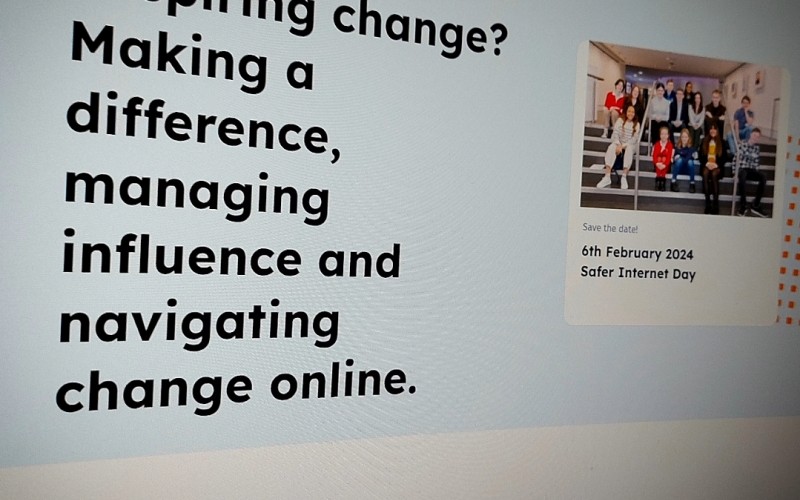
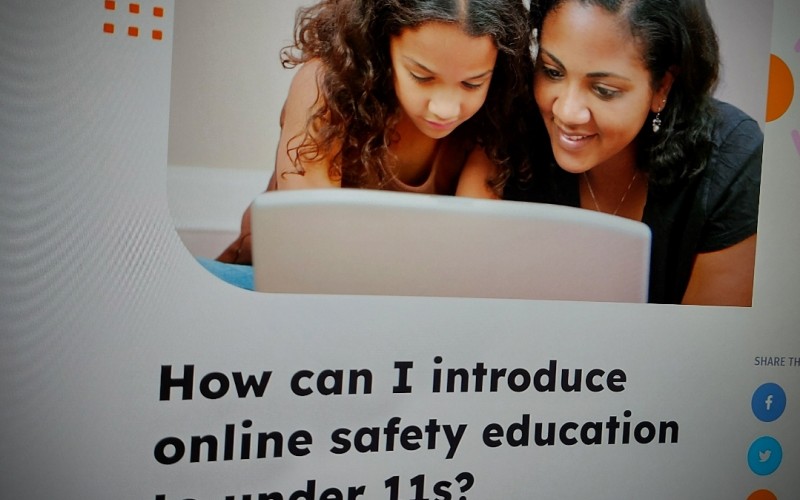
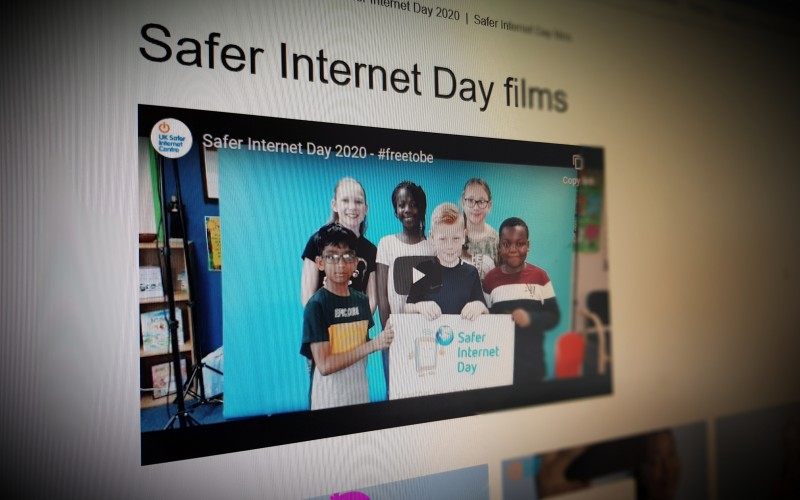
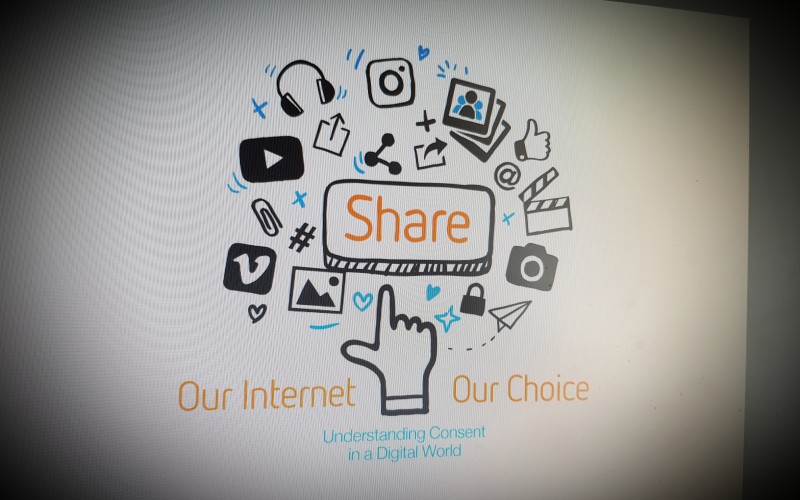
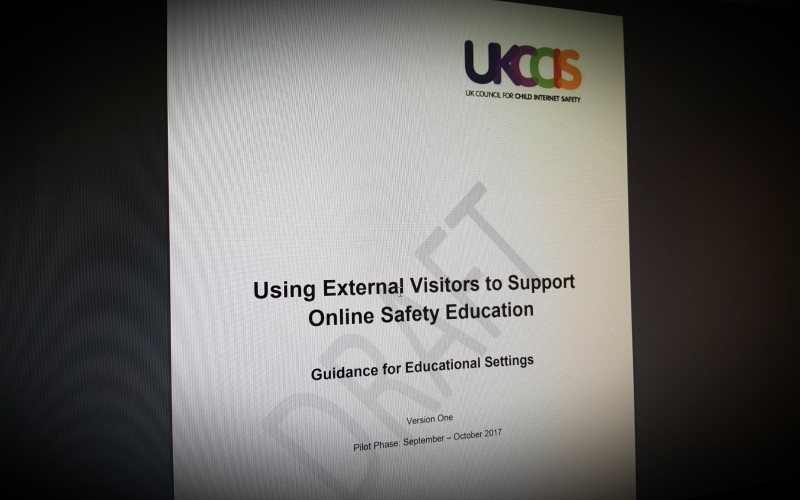
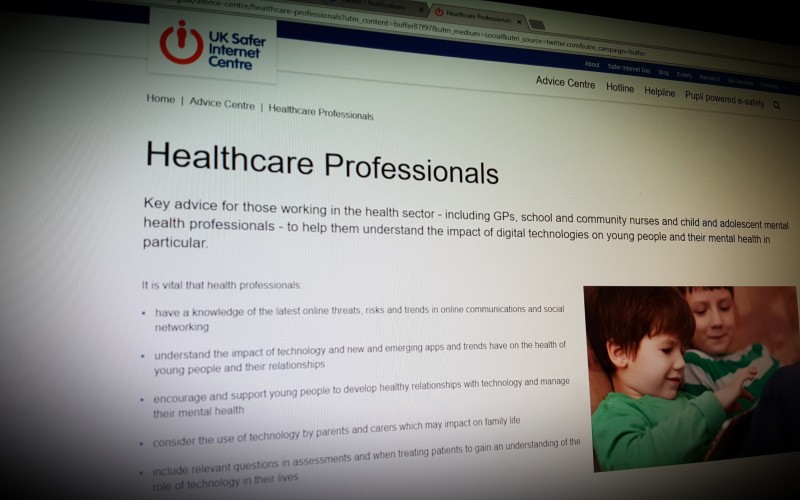
Comments
make a comment